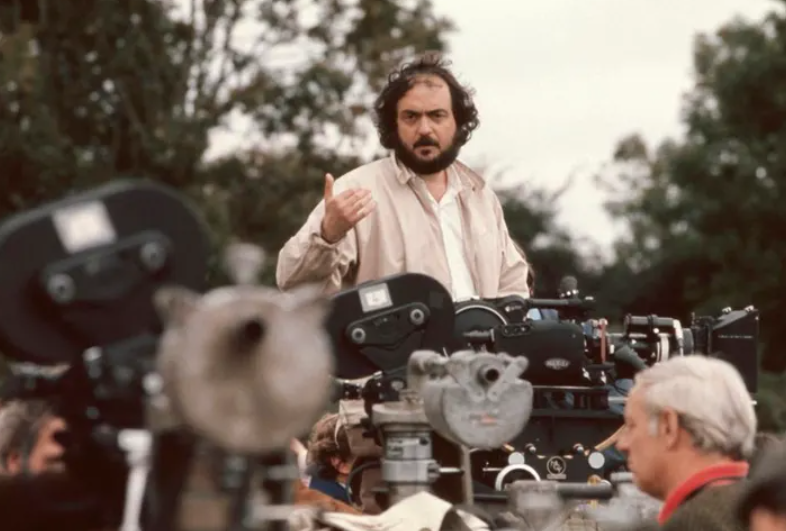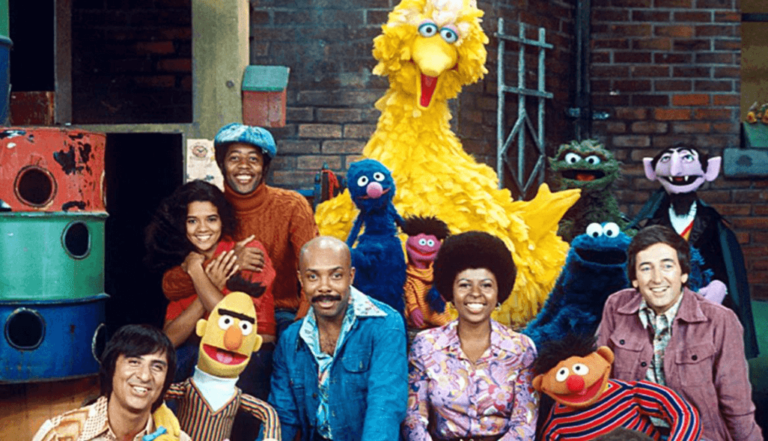The Most Influential Directors Who Shaped Hollywood
The evolution of Hollywood cinema has been profoundly influenced by a select group of directors. Each brought distinct techniques and storytelling methods that transformed the medium. D.W. Griffith introduced narrative structures, while Alfred Hitchcock refined suspense. Orson Welles challenged traditional storytelling, and Steven Spielberg redefined commercial filmmaking. Their contributions raise important questions about the nature of influence in filmmaking and what it means for future generations of directors. What legacies will endure beyond their era?
D.W. Griffith: The Pioneer of Narrative Filmmaking
D.W. Griffith revolutionized narrative filmmaking through innovative cinematic techniques that laid the foundation for modern storytelling.
His pioneering use of cross-cutting and close-ups significantly enhanced emotional engagement, creating a historical impact that transformed cinema into a powerful medium for expression.
Alfred Hitchcock: The Master of Suspense
Although many directors have shaped the landscape of cinema, few have achieved the level of mastery in suspense that Alfred Hitchcock demonstrated throughout his illustrious career.
His innovative techniques, including the use of camera angles and pacing, revolutionized psychological thrillers.
Hitchcock’s ability to manipulate audience emotions created a sense of tension that remains unparalleled, establishing him as the definitive master of suspense.
See also: The Importance of Diversity and Representation in Movies
Orson Welles: The Visionary Innovator
Orson Welles emerged as a transformative force in the film industry, known for his audacious creativity and groundbreaking techniques.
His innovative cinematic techniques challenged conventional norms, while his intricate narrative structure redefined storytelling in cinema.
Steven Spielberg: The Blockbuster Architect
While many directors have left their mark on Hollywood, Steven Spielberg stands out as the architect of the modern blockbuster, seamlessly blending commercial appeal with artistic storytelling.
His mastery of the blockbuster formula revolutionized cinematic storytelling, creating immersive experiences that resonate with audiences.
Spielberg’s films, marked by emotional depth and innovative techniques, redefine entertainment, granting viewers the freedom to dream and explore fantastical worlds.
Conclusion
The contributions of D.W. Griffith, Alfred Hitchcock, Orson Welles, and Steven Spielberg illustrate the adage, “Those who cannot remember the past are condemned to repeat it.” Each director not only shaped the art of storytelling through their innovative techniques but also laid the groundwork for future generations. Their legacies serve as both a blueprint and a challenge, urging contemporary filmmakers to push boundaries while honoring the rich history of cinema. Thus, their influence remains an enduring force in Hollywood.




